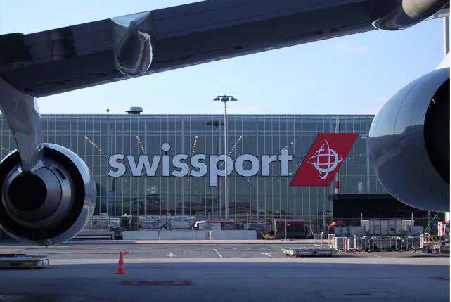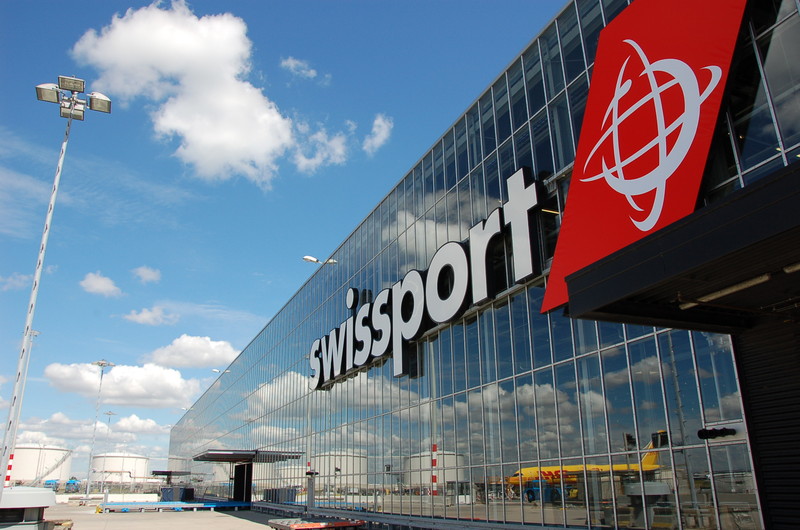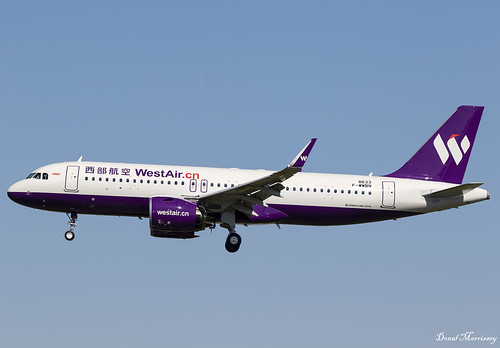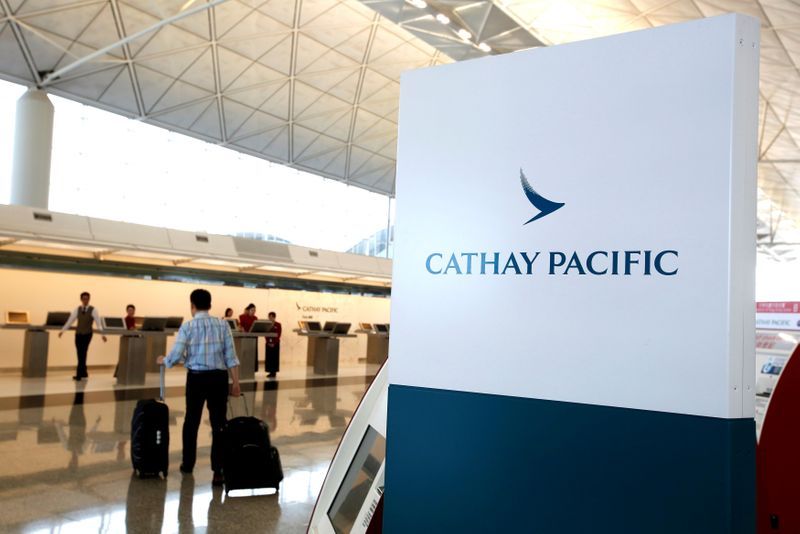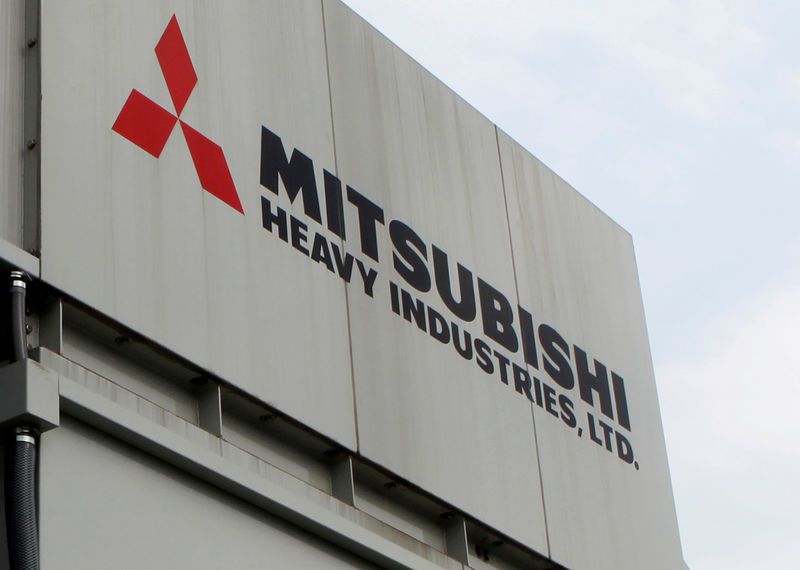BEIJING/SHANGHAI, March 2 (Reuters) – Shares in HNA Group-controlled companies rose on Monday after the Chinese aviation and tourism conglomerate said it had asked the government to help it resolve liquidity risk caused by the coronavirus outbreak which has put heavy pressure on the airline industry.
HNA directly owns or holds stakes in a number of local Chinese carriers, which have suffered in recent weeks from widespread flight cancellations and plummeting demand.
Hainan Airlines Holding Co Ltd, the flagship of HNA Group Co Ltd, rose by over 3% by 0400 GMT, while HNA Technology Investments Holdings Ltd surged nearly 40%.
Other units such as HNA Investment Group Co Ltd and HNA Technology Co Ltd also saw their prices climb.
HNA Group said on Saturday it had asked the Hainan provincial government to lead a working group as it was not able to deal with the liquidity risk itself.
The group had acknowledged liquidity issues before the coronavirus outbreak started. In December, Chairman Chen Feng said HNA had faced cash flow shortage that forced it to delay salary payments.
Its Saturday announcement has driven heavy discussion in China on whether there will be a carving up of its assets.
Two weeks ago, HNA-related shares likewise rose on a media report that said China’s government planned to take over the debt-laden conglomerate.
“The implementation of a government acquisition would be challenging as HNA’s structure is complex,” Warut Promboon, head of credit research at Bondcritic, said on Monday. “Overall, it is credit positive. HNA has grown too fast and is too big that it needs to be broken down. The restructuring will be best under the state support.”

